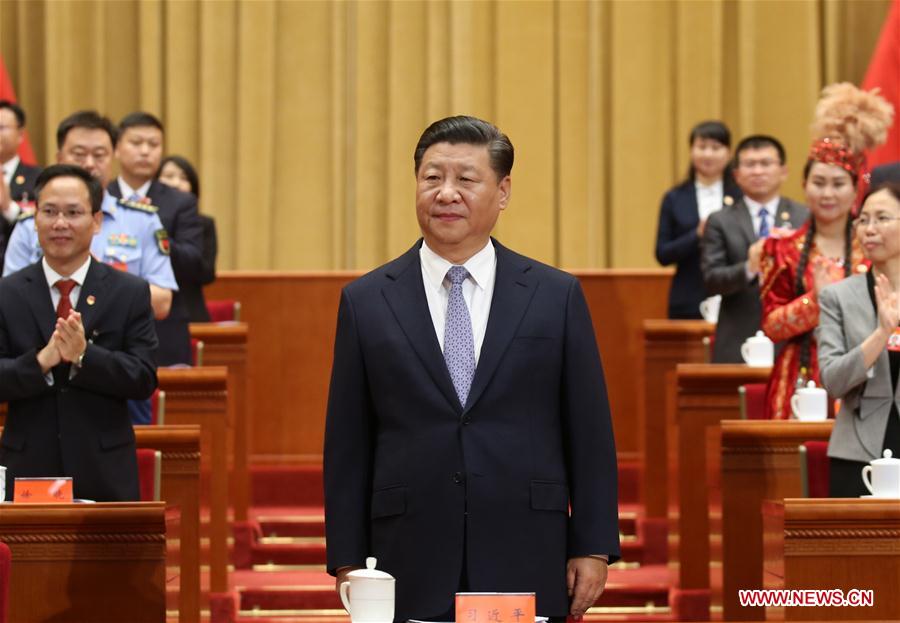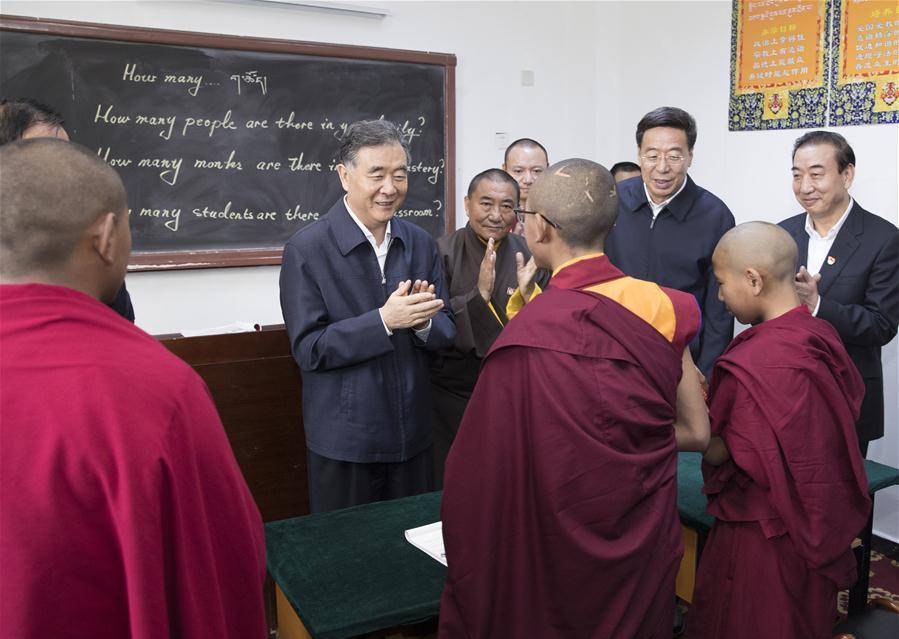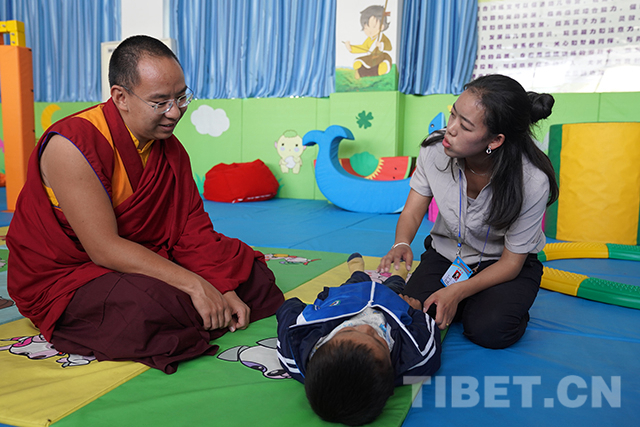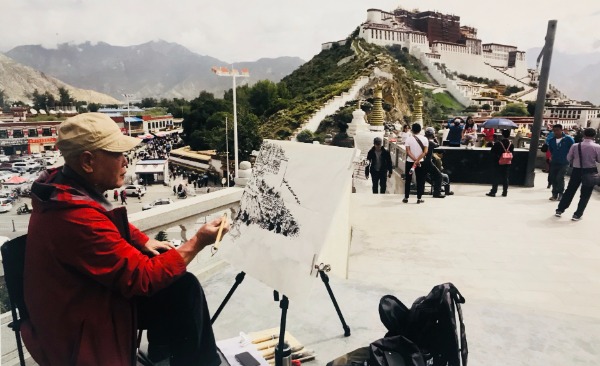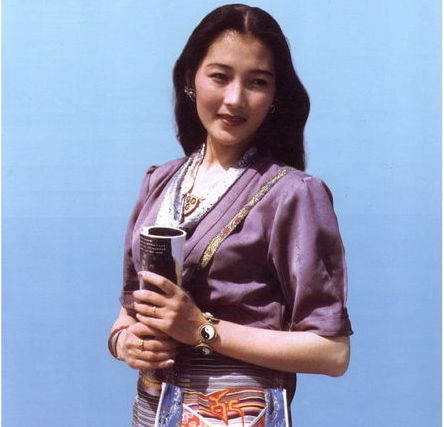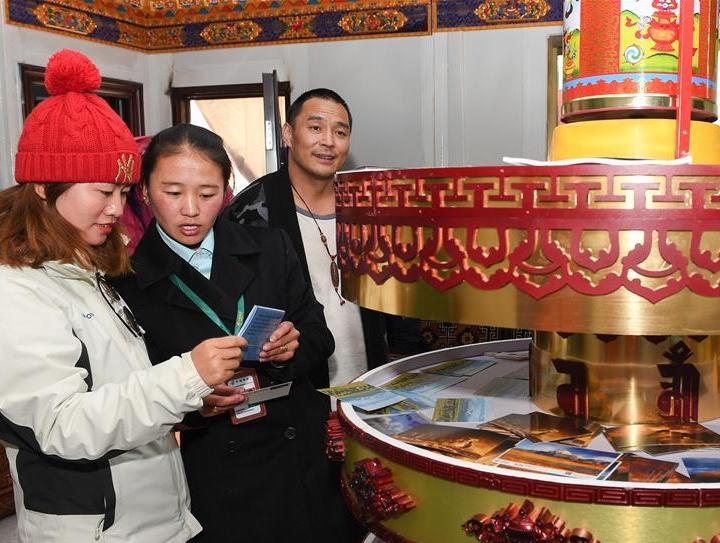My story of laundry from 40 years ago
For we women, laundry used to be a trivial task that must be done every day. It was time-consuming, monotonous, and also hard work.
Today, as someone who is already accustomed to using a fully automated washing machine, laundry for me is a simple matter. Every morning, after doing my morning exercise, I take a short break and then leisurely throw all the family’s dirty clothes into the fully automated washing machine. I press the switch, then I can sit on the sofa, watch a TV show, and wait for the clothes to be washed. To dry them, I just take them outside to dry in the sun.
Today, as the fully automated washing machine helps me with the laundry, there is a program on TV talking about life changes brought about by Reform and Opening up during the past 40 years. I suddenly recall my history with laundry from 40 years ago…
I am the eldest in my family, and I have a few younger brothers and sisters. From the age of 10, I was responsible for washing the clothes of the whole family. Every morning, when the sky was bright, I would take a large basket of clothes to the river to wash. Although our family lived in the city and had running water, our home was not far from the river, so my mother told me to go to the river to wash clothes. I would cross the street and come to the river, then look around. First, I pick a good bluestone board, then, holding a wooden club, beat the clothes one by one on it, then soak them in the water. Then I put soap on the wet clothes, and after a while, beat them with the club again, then finally take them to the River and rinse them clean. I had to repeat these steps every morning. It would take one to two hours to wash one basket of clothes, and by then, the sun would have already risen high in the sky. I would quickly go home with the basket of washed clothes, have breakfast, and hurry off to school.
When I washed clothes, I usually didn’t feel that tired. The most I remember is washing clothes in winter. As soon as I put my hands in the water, I couldn’t help but shrink back because of the cold, but I had no choice; I had to wash the clothes. I would have to blow on my hands to make them warm, rub them together, and then start washing. When I finished, my hands would be frozen and red. Once, carrying a basket of freshly washed clothes, I was climbing an embankment when I suddenly slipped, and the clean clothes got all dirty. Even with a pain in my waist and legs, I had to wash the dirty clothes again.
In 1970, when I was 15 years old, I heard that a cotton factory nearby would pay seven yuan and twenty cents for washing a pot of old cotton wadding. At that time, our family was poor, and I always wanted to help earn more money. After hearing about this opportunity, I quickly went to find the manufacturer, and asked to participate in the team that washed the cotton wadding. The manufacturer agreed, and I was overjoyed. But when I washed the first pot of old cotton wadding, I realized that it was not be easy to earn that seven yuan and twenty cents.
At the factory, I had to borrow a flatbed cart in order to drag the old cotton wadding. Though one pot of cotton wadding weighed 75 kg, I had to take a cart of cotton wadding weighing a few hundred kilograms for workers in the factory would first boil it in a vat of sodium hydroxide. I would take this heavy cotton to the riverbank and use basket after basket to lift it into the river. I would dip the cotton wadding little by little onto the bluestone board and beat it with a wooden club to wash it. After each piece of cotton was thoroughly pounded, I’d put it back into the basket, soak it in the water, and flip it over by hand like I was washing vegetables until the water is clear. Then I would put it back on the bluestone board and pound it a second time. After washing, I would wait for the water to drain out, lift it up again basket by basket, then use the flatbed cart to bring it back to the factory so it could be bleached. After bleaching, I’d put it back on the cart, bring it back to the river, and basket by basket lift it into the river to clean out the bleaching powder. After the cotton dried in the sun, I’d take it back to the factory again, where they would check it. They would check the weight of the cotton, and if there was one kilogram less than at the beginning, they would deduct twenty cents from my pay. If everything was satisfactory, I would get seven yuan and twenty cents.
For that seven yuan and twenty cents, I was busy for a whole week.
Your Comment
Name E-mailRelated News
-
-
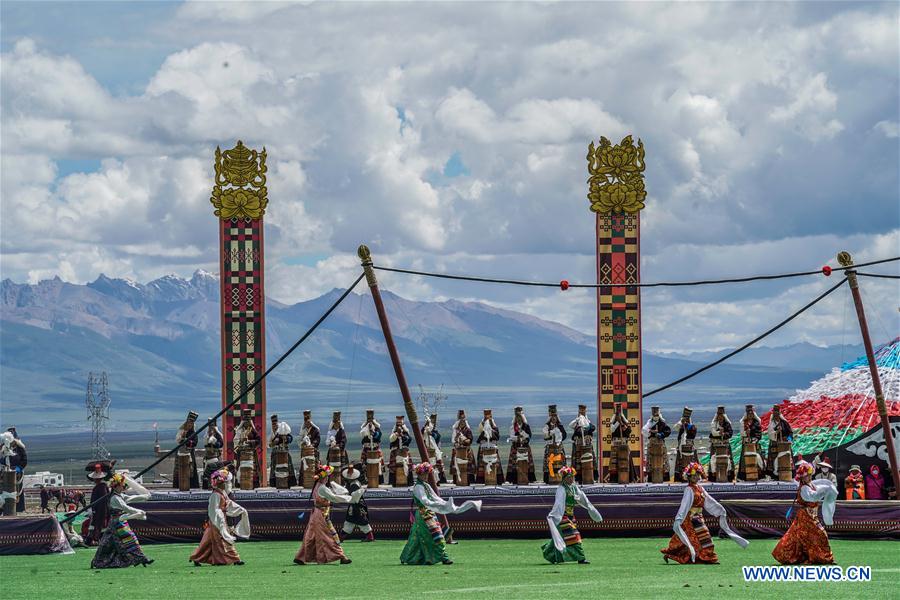
-
Opening ceremony of horse racing festival held in Damxung County, SW China's Tibet
Opening ceremony of horse racing festival held in Damxung County, southwestChina's Tibet Autonomous Region, Aug.8,2018.
-
-
-
China's financial opening up attracts global investors
China's latest opening-up measures in the financial sector have attracted more global investors to China's high-quality growth.
-
-

-
Reform, opening up break new ground for China: article
Reform and opening up have broken new ground for China and should be advanced with resolution and courage, according to a commentary published on state media Monday.
-
-
-
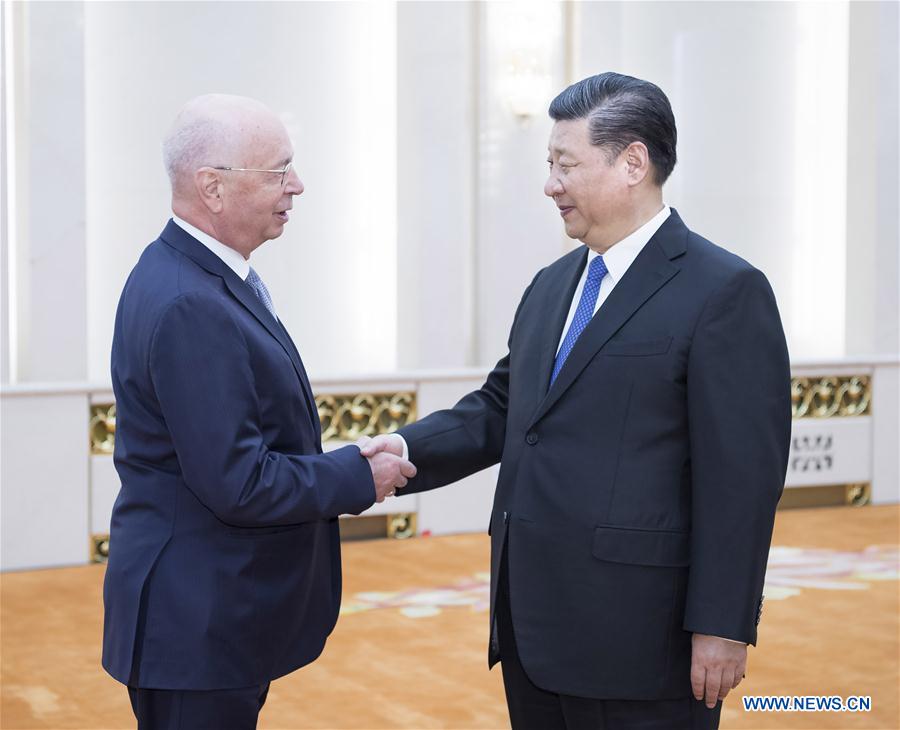
-
Xi meets Schwab, vows greater opening up
Chinese President Xi Jinping said on Monday that China would cooperate with the international community in opening up and seek win-win results through cooperation.
-
-
-
BRICS should step up collective efforts for global peace, development: China
PRETORIA,June4(Xinhua)--ChineseStateCouncilorandForeignMinisterWangYionMondaycalledformorecollectiveeffortsbythefiveBRICScountries--Brazil,Russia,India,ChinaandSouthAfrica--topromoteglobalpeaceandstability.


